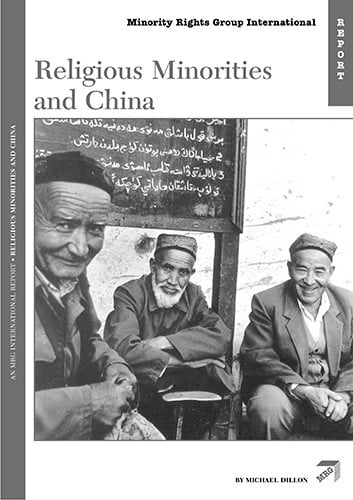
Religious Minorities and China
The treatment of religious minorities in China regularly makes headlines in the West. In recent years, China’s treatment of the Falungong and its policies in Tibet and, to a lesser extent, Xinjiang have attracted much comment, but this is rarely informed by an understanding of how China’s policies towards religious minorities as a whole have developed. This new Report fills that gap, providing an authoritative overview of the major world religions in China, Tibet and Xinjiang since 1949.
This report gives a history of the efforts of the Chinese Communist Party to control and, during the Great Leap Forward and the Cultural Revolution, to attack religious institutions. It describes how, since the ‘Reform and Opening’ of 1978 onwards, officially registered religious groups are tolerated and have some representation in a national forum. Unofficial groups, however, are regarded as unpatriotic.
This report focuses on Buddhism, Christianity and Islam, which the state considers synonymous with separatist movements and a threat to China’s territorial integrity. Tibet and Xinjiang, with their Buddhist and Muslim populations, respectively, are contested territories, and freedom of religion and association in these areas is particularly liable to suppression. The report also looks at the rise of the new religions, focusing on the Falungong.
Please note that the terminology in the fields of minority rights and indigenous peoples’ rights has changed over time. MRG strives to reflect these changes as well as respect the right to self-identification on the part of minorities and indigenous peoples. At the same time, after over 50 years’ work, we know that our archive is of considerable interest to activists and researchers. Therefore, we make available as much of our back catalogue as possible, while being aware that the language used may not reflect current thinking on these issues.